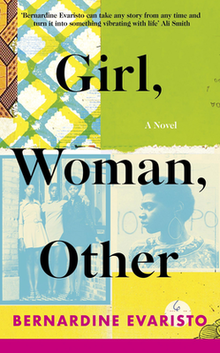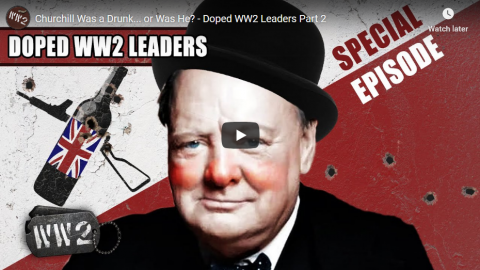Splitting this year’s Booker Prize between Margaret Atwood’s The Testaments and Bernardine Evaristo’s Girl, Woman, Other goes against the whole idea of the prize:
The joy of a big literary prize – and they don’t come bigger than the Booker – is in the years when the winner is unusual or unheard of, or perhaps just a book that your customers, in whatever part of the world you happen to be working in, are less interested in, is watching it take off. I really yearned to be back at any of my old shops the day after Anna Burns’ Milkman won.
It’s a particular joy if it is an underappreciated author with a large back catalogue. One of the nicest things about working at a bookshop, in my experience, was when regulars would tell you they had really enjoyed the book they read last week, and asking if there was anything comparable in stock – and being able to watch their eyes light up when you could reveal that, yes, in fact, there are in fact seven other books by Bernardine Evaristo for them to read.
[…]
What the judges seem not to have appreciated is that the really important thing about literary prizes isn’t to facilitate arguments among booklovers (though I will happy fight anyone who doesn’t think it is a travesty that Do Not Say We Have Nothing, one of the best novels I have read, was shortlisted for the Booker and the Women’s Prize and won neither). It’s to sell books, whether they be the crime novels’ Gold Dagger Award, the scientifically-focused Wellcome Trust Prize, or the Champions League of book prizes, the Booker itself.
The reality is that splitting the prize has two consequences: the first is that the story becomes the judges and their self-indulgence and self-regard rather than the books involved; the second is that inevitably, the attention will be focussed on the justly famous Margaret Atwood not on Evaristo.
[…]
When I was lucky enough to be asked to be a judge for the Baillie Gifford, the non-fiction equivalent of the Booker, while we ultimately picked the fantastic and gripping Chernobyl by Serhii Plokhy entirely on merit, I never forgot that we were handing out a prize that would change its author’s life, and give bookshops like the ones I worked at a boost, too.
While there was no chance of us doing something so silly as to split our prize, because we were chaired brilliantly and capably by the Economist‘s Fiammetta Rocco, in the event of an absolute tie you of course pick the less well-known author and the less-well known book.
Because if you cannot do that – if you lack the basic intelligence and empathy to understand why that’s what your job is a prize judge – then frankly you ought not to be judging a prize.
H/T to Colby Cosh for the link.









